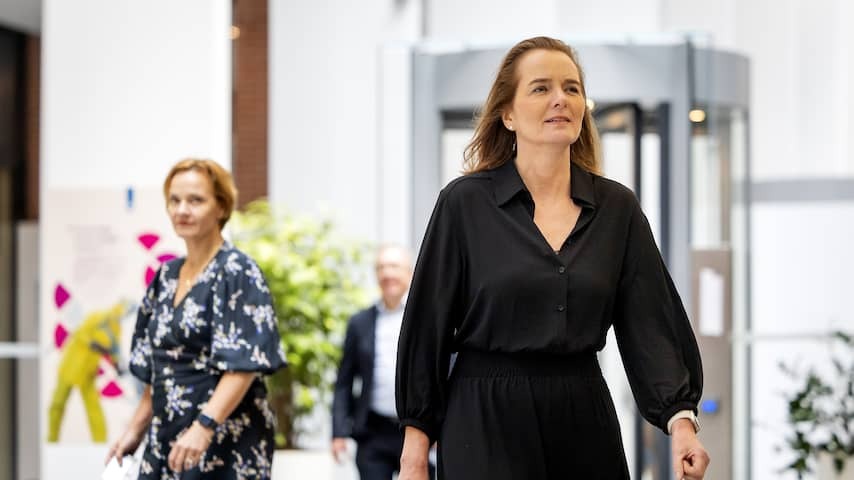
The Ministry of Health and welfare organizations want to reduce the regulatory burden and administration in healthcare. They are also investing in prevention with extra money for breast cancer screening. In addition, seniors can be vaccinated against shingles. That is stated in the new healthcare agreement.
According to the ministry, Dutch healthcare is at a critical point. If nothing changes, there will soon be insufficient care available for those who need it. As the Netherlands ages, the number of people who need care and support will double in the coming years, the ministry states. At the same time, the number of healthcare providers is not growing as quickly.
Therefore, the agreement focuses on relieving the workload for healthcare personnel. The goal is that in 2028, approximately 100,000 fewer healthcare workers will be needed than if there were no additional policy. Earlier estimates spoke of a possible shortage of 250,000 to 300,000 employees in 2034.
To achieve this, administration and regulatory burdens must be reduced. Artificial intelligence (AI) will play a role in this. “We want to get more people to the bedside instead of behind a desk,” says outgoing Minister Daniëlle Jansen (Public Health).
The agreement should ensure that a maximum of 20 percent of working time is spent on administration. That must be achieved in 2030.
Prevention should relieve healthcare
The agreement also contains agreements to prioritize prevention. This should relieve healthcare. In total, almost 440 million euros will go to prevention and the social domain.
39 million euros have been allocated for the vaccination of the elderly against shingles. According to the ministry, this is not enough to vaccinate all elderly people, but it is enough to make a start.
17 million euros will also go to breast cancer screening for women with dense breast tissue. In these women, breast cancer is not always detected by a mammogram. As a result of the investment, they can have an MRI instead. However, the RIVM and the Health Council still have to come up with a definitive elaboration and advice on this.
Organizations cautiously positive
Several involved organizations are responding positively to the agreement. However, they place some caveats.
The Dutch Association of Hospitals (NVZ) sees “solid agreements” in the agreement to make healthcare future-proof. This is done, among other things, by focusing more on preventing people from needing medical care. The implementation “stands or falls” with “continuity in government policy and the associated financial agreements,” emphasizes chairman Ad Melkert.
The agreement builds on agreements from the Integrated Care Agreement (IZA) of 2022. These include healthier living and better collaboration between general practitioners, mental healthcare and aid workers.
The parties will sign the agreement later. First, the negotiators will present the agreement to their supporters.